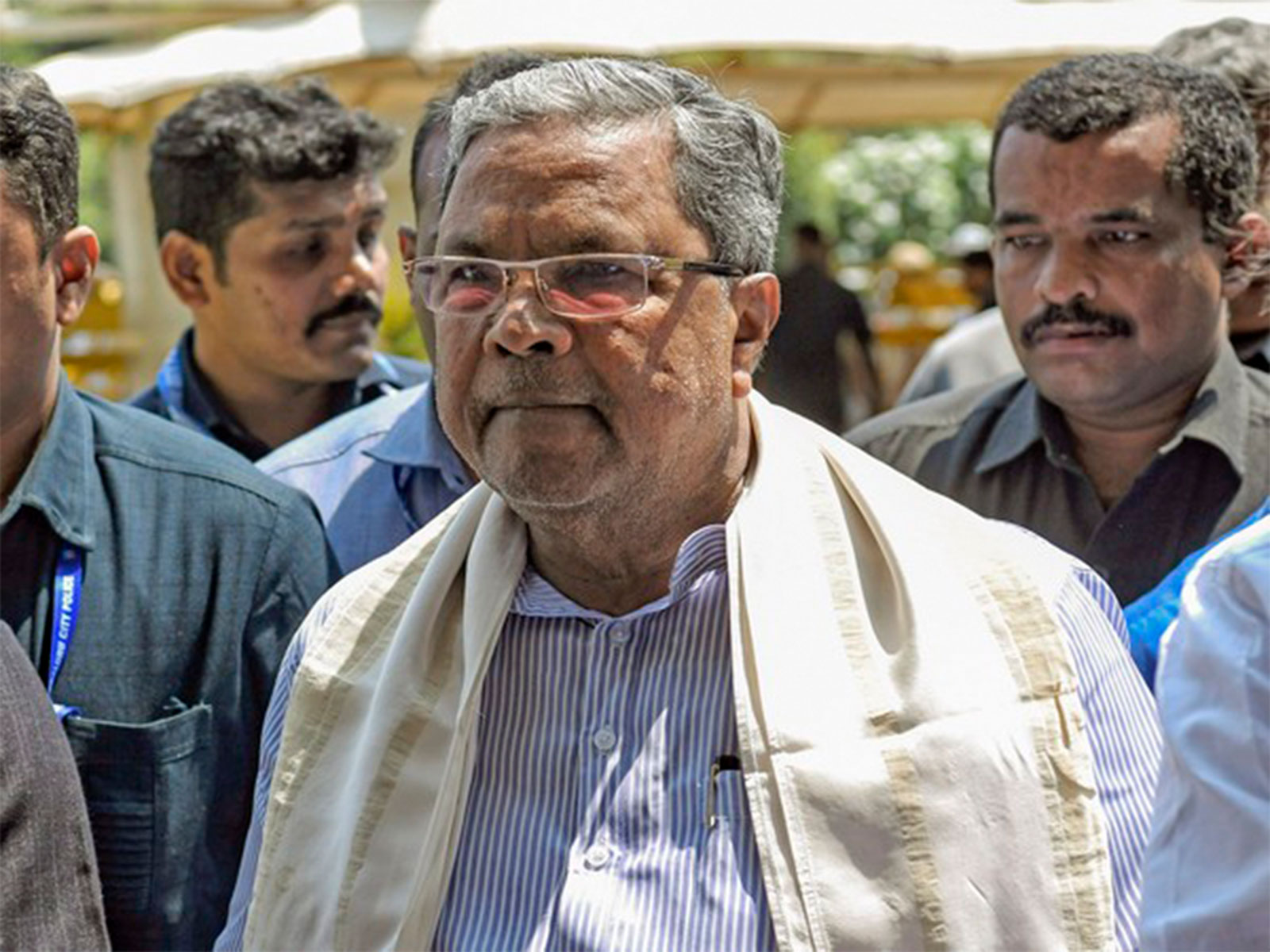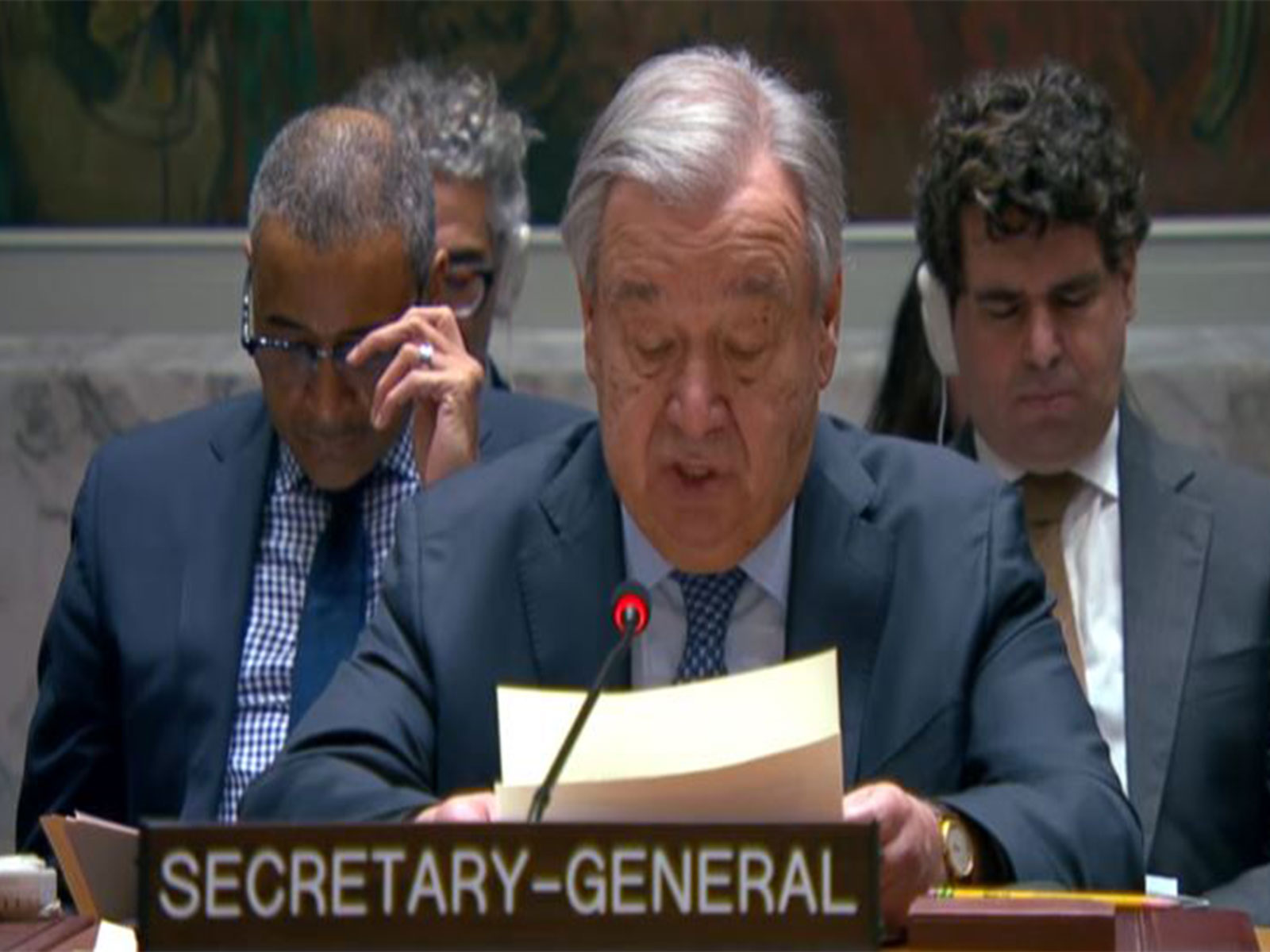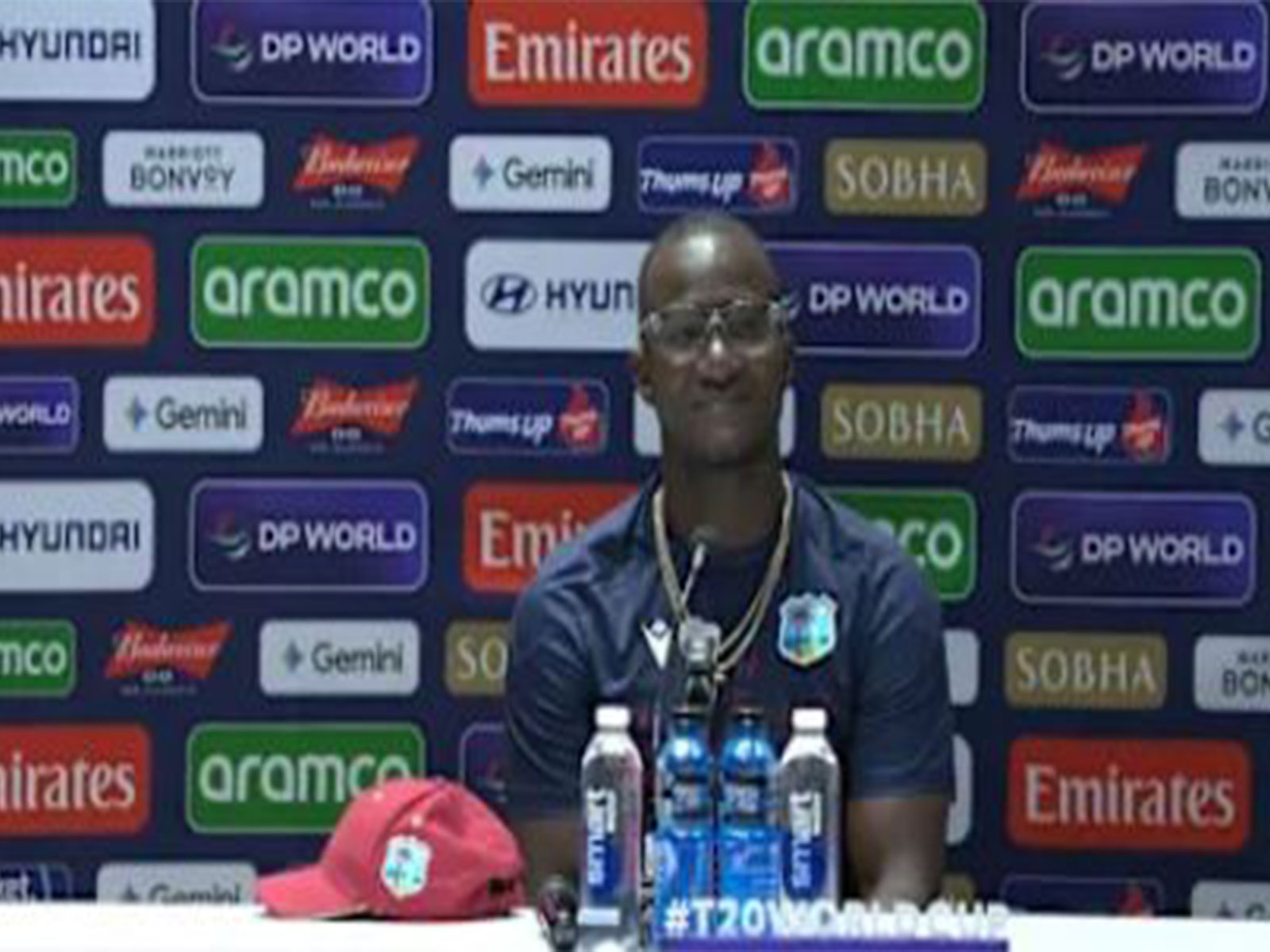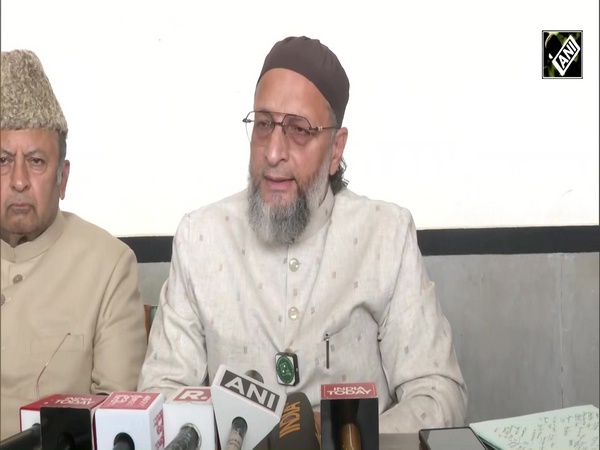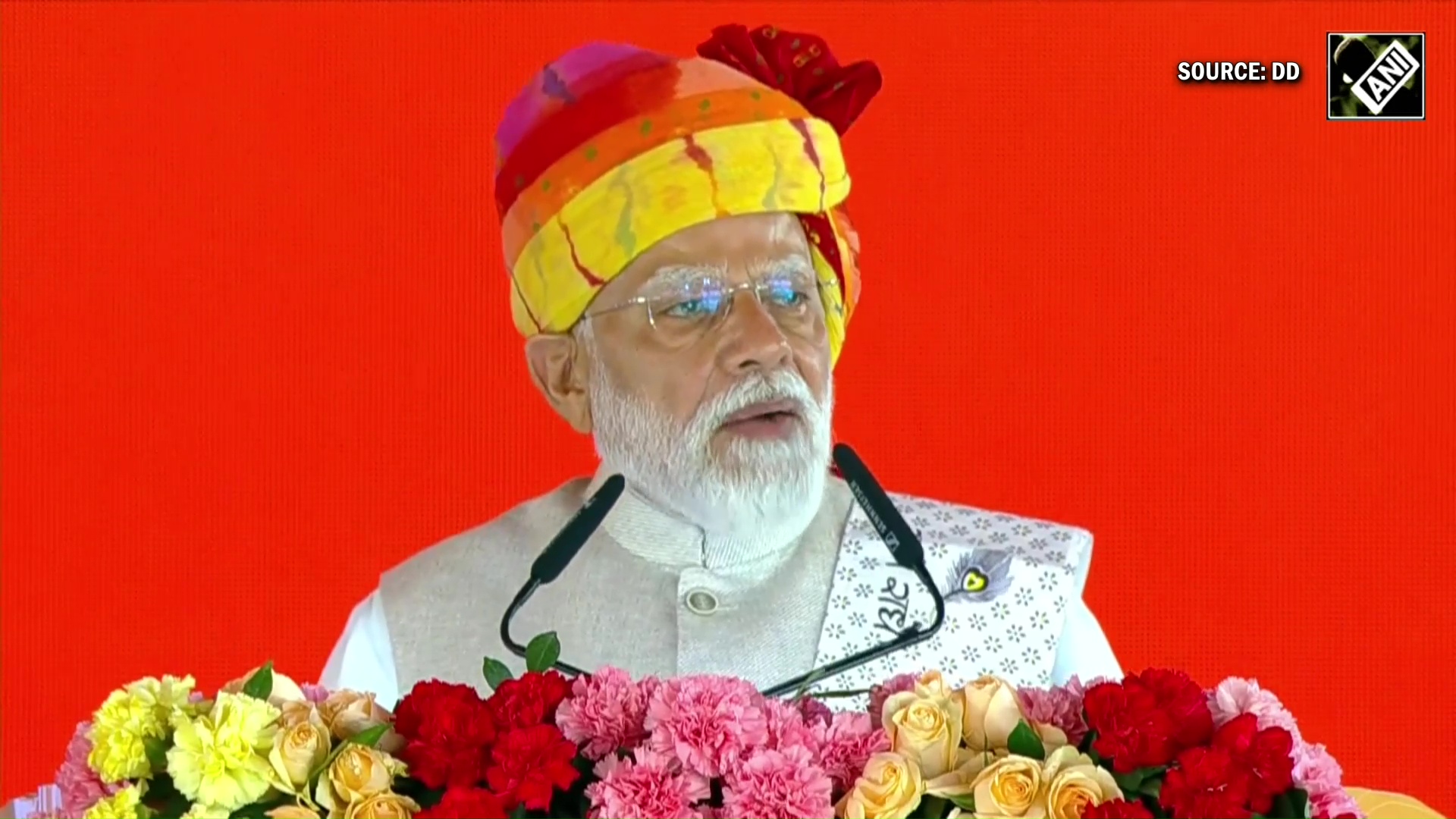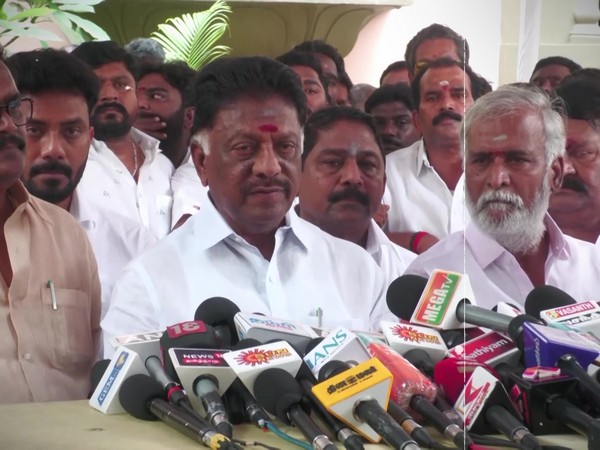Presence or absence of hymenal tear cannot be treated as conclusive proof of sexual assault: Delhi HC
Oct 28, 2025
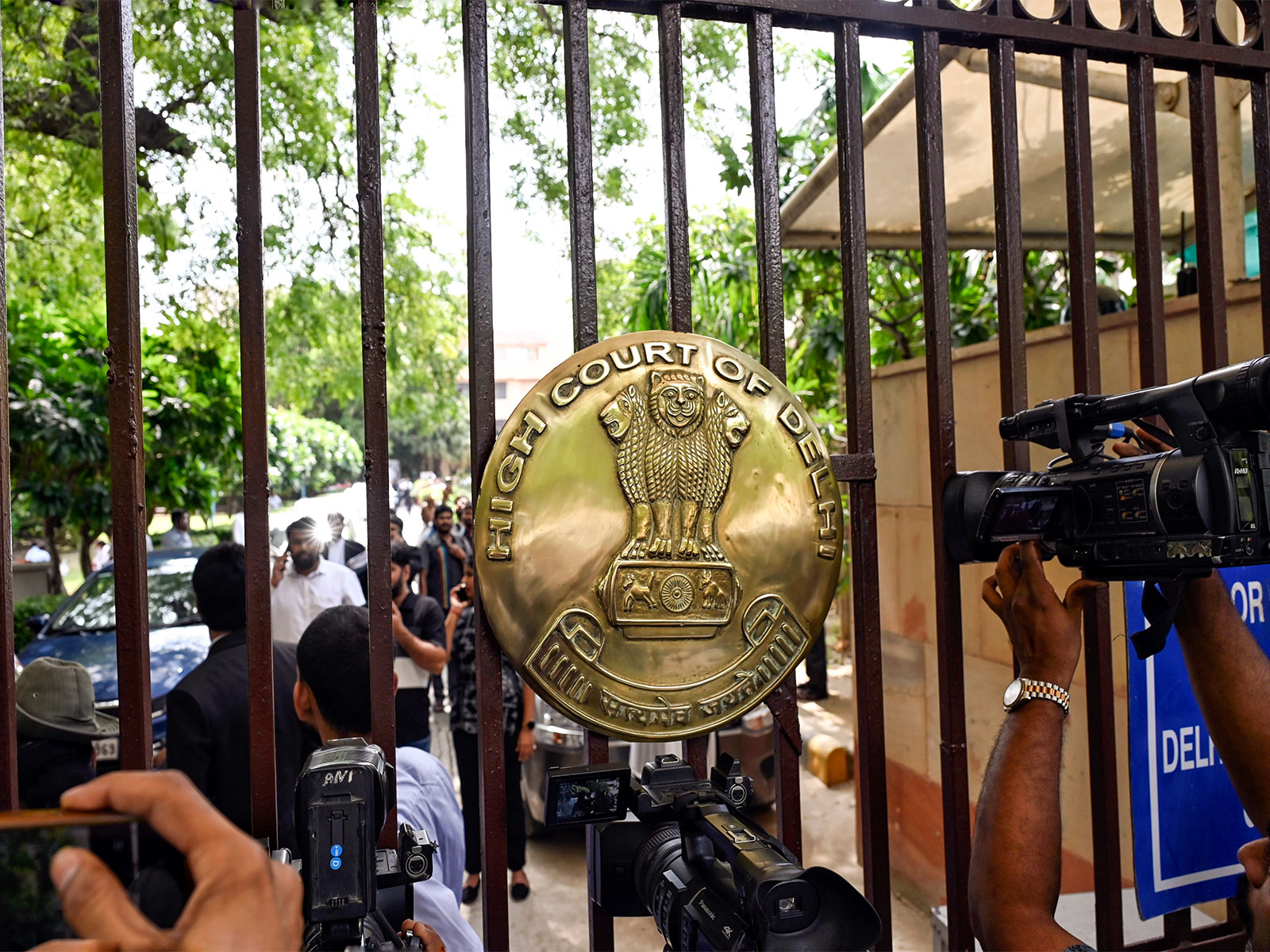
New Delhi [India], October 28 : Observing that "the presence or absence of a hymenal tear cannot be treated as conclusive proof of either commission or non-commission of a sexual offence, especially when the charge is one of attempt," the Delhi High Court on Tuesday upheld the conviction of a man for attempting to sexually assault his nine-year-old niece.
Justice Swarana Kanta Sharma, while dismissing the appeal of the convicted man, affirmed his conviction under Section 18 read with Sections 5(m) and 5(n) of the Protection of Children from Sexual Offences (POCSO) Act, 2012. Section 511 read with Section 376AB of the IPC, holding that the evidence on record proved the case beyond a reasonable doubt.
The Court further observed that the act of changing the clothes of a minor rape victim before her medical examination under the POCSO Act does not, by itself, dilute or weaken the prosecution's evidence.
The Court stated that the victim's testimony, supported by the statements of her parents and forensic evidence, conclusively established the accused's guilt. "The unchallenged concordance of ocular testimony and forensic report materially strengthens the prosecution's case," Justice Sharma said.
The case arose from an incident where the nine-year-old child was assaulted by her maternal uncle while sleeping in her aunt's room.
Her mother saw the accused coming out of the room, zipping his pants, and semen stains were later detected on the child's clothes. DNA analysis confirmed a match with the accused.
Rejecting the defence argument that the medical report showing an intact hymen disproved the offence, the Court referred to the Supreme Court's rulings, reiterating that even the slightest act towards penetration constitutes an attempt, and that absence of injuries or hymenal rupture does not negate an assault.
The Court also dismissed the convicted man's plea of intoxication, noting that no evidence proved he was incapable of forming intent. "Even if the appellant was under some level of intoxication, such a plea cannot automatically exonerate his criminal liability," the judgment said.
Justice Sharma held that the trial court's findings were well-reasoned and based on consistent, credible evidence. "The conclusions drawn by the Trial Court as to credibility, motive, and cogency of the prosecution's chain of evidence are sustainable," the Court observed, adding that the statutory presumption under Section 29 of the POCSO Act stood unrebutted.
Finding no infirmity in the conviction or sentence, the Court dismissed the appeal.

